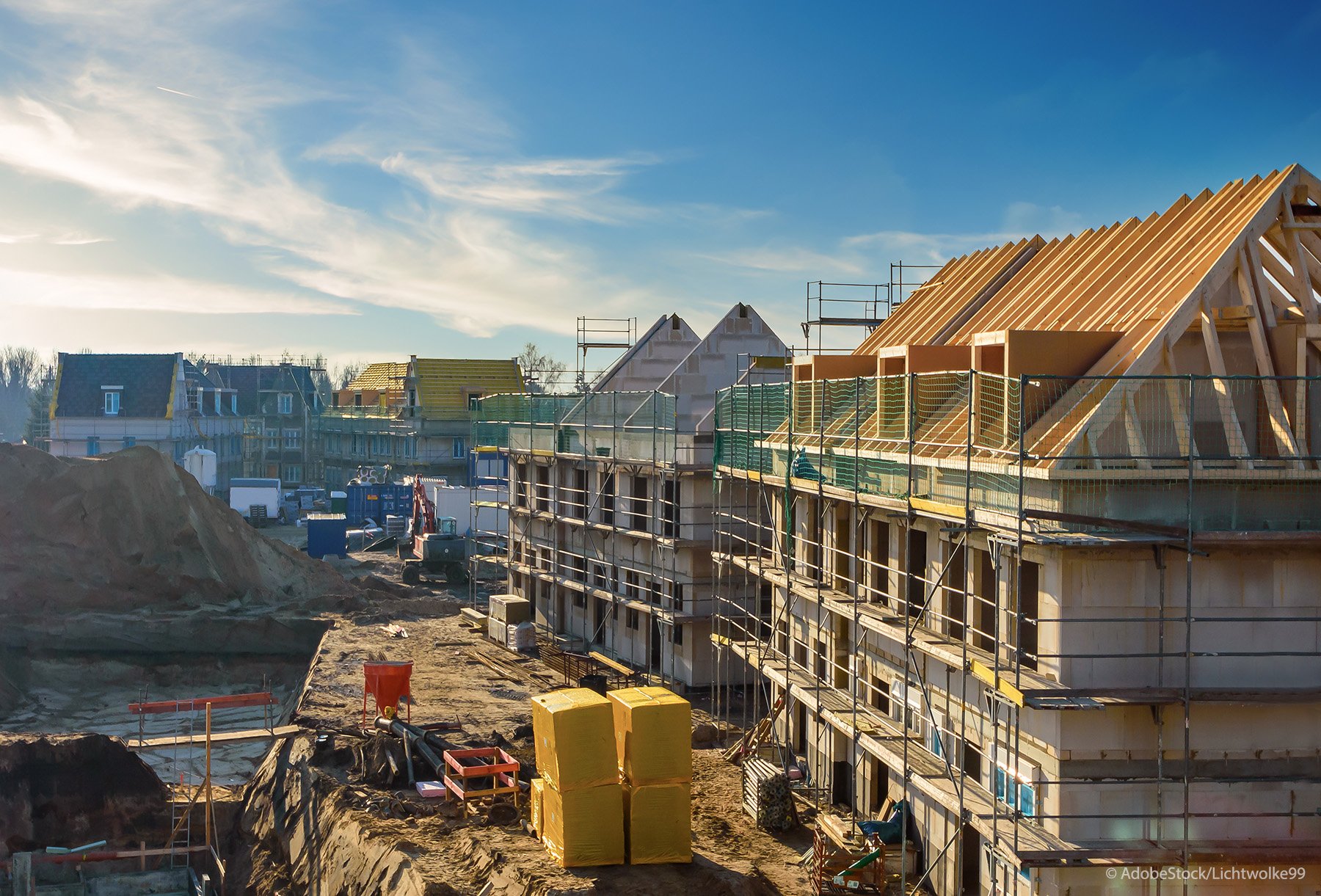www.europarl.europa.eu
The proposed revision of the Energy Performance of Buildings Directive aims to substantially reduce greenhouse gas (GHG) emissions and energy consumption in the EU building sector by 2030, and make it climate neutral by 2050. It also aims to increase the rate of renovations of energy-inefficient buildings and improve information-sharing on energy performance.
Emissions-reduction targets
All new buildings should be zero-emission from 2028, with the deadline for new buildings occupied, operated or owned by public authorities in 2026. All new buildings should be equipped with solar technologies by 2028, where technically suitable and economically feasible, while residential buildings undergoing major renovation have until 2032.
Residential buildings would have to achieve, at a minimum, energy performance class E by 2030, and D by 2033 – on a scale going from A to G, the latter corresponding to the 15% worst-performing buildings in the national stock of a member state. Non-residential and public buildings would have to achieve the same ratings by 2027 and 2030 respectively. The upgrade in energy performance (which can take the form of insulation works or improvement in the heating system) would take place when a building is sold or undergoes a major renovation or, if it is being rented, when a new contract is signed.
Member states will establish the measures needed to achieve these targets in their national renovation plans.
Support measures against energy poverty
These…
